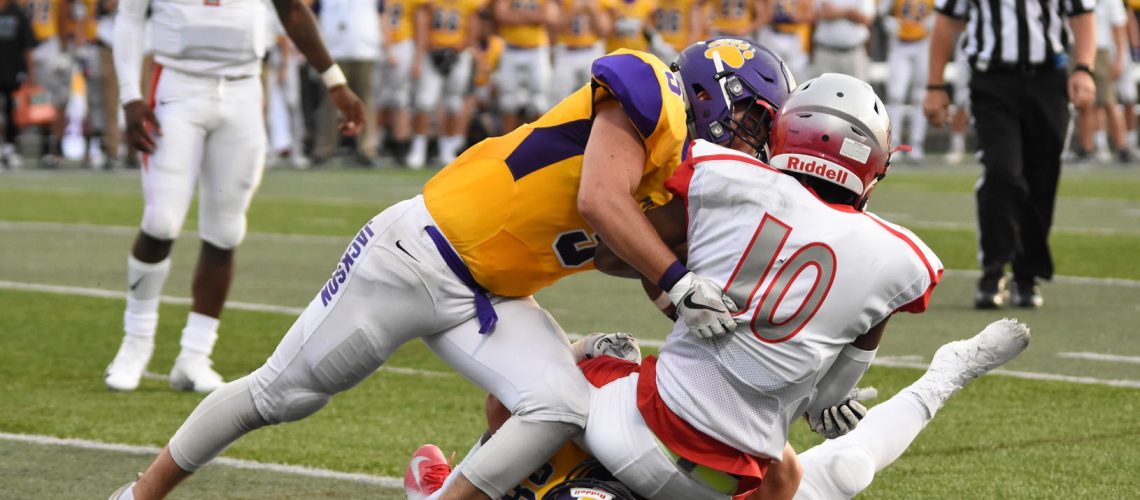
- March 20, 2020
- , 7:09 am
- , Uncategorized
How do athletes best manage an injury or a period of illness?
How do they react?
Athletes – by definition – are used to experiencing good health and good performance. Reaction to injury or illness is for them very like the reaction most of us have to a “crisis” of this kind. One response is a sense of grief, with typical stages we often associate with more severe health conditions. First there is denial: If I keep up my training, even at to it, I will get through this. Then there is anger: I am fit, I eat well, this should not happen to me. Then bargaining: if I do this or that, … but then, who do we bargain with? Depression may follow – a fairly common reaction, too, at least in a non-clinical sense: disappointment, failing to meet goals or expected performances, something missing in our lives. And then acceptance: this is how it is.
The other common model is called Cognitive Appraisal: how athletes see their injury or illness, and what follows from these, points to how they will react.
In either case, the negative consequences can be wide. We are all at various times good at denial, and this may turn into self-damaging behaviour such as refusing to follow advice, losing an ‘edge’ though loss of confidence, feeling just plain down, and so on. How athletes view themselves is therefore a significant place to start.
What, then, might they do to speed up their recovery without further undermining their health well-being and their post-recovery performance?
This discussion reflects on Dr Olivia Hurley’s observations on the A Lust For life website.* She offers five tips that bear thinking about, whatever your role – as the athlete, as a parent or friend, as a coach. They may seem obvious at first sight, but do we really approach such problems systematically? Dr Hurley’s comments make an excellent starting point. There is considerable study to take it further.**
First, see if there is a role for the athlete in the team anyway. Now that they have time to watch, reflect and analyse, what can they contribute to others’ performance? This makes them feel valued and useful but it may also give them time and resources to develop new insights into their own performance when they are recovered.
Second, support them. Get them to talk about the problem and how they feel – and listen carefully to what they say and how they say it. They may reveal deeper concerns than their surface manner first suggests. They need to know they retain a place and a value. But if you suspect a problem of another kind, get them to seek help. Professional “listening”, well done, can be very curative.
Third, check that they can fill in their time usefully. If their bodies cannot do so much, the space in their heads might be put to better use – study, hobbies, catching up on important tasks, cathing up with people they may have missed because of time constraints.
Fourth, use their natural approach to training as a mechanism: they are used to planning, setting goals, measuring outcomes, analysing success or failure. These are mental skills they already have that can now be applied to their current problems, with adjustments and advice on what is possible and achievable. They are, in a way, back in training already.
Fifth, the athlete is not the first or last to suffer from some injury or illness. Here, too, making or renewing contact with others who have shared such experiences may be useful, not just with a sense of belonging but with practical tips – “What I did when…”
The take-out is that negative reactions are inevitable and natural, but not the end of the discussion. Ways of managing can be adapted to skill level and age, but knowing that there are ways of managing shifts to focus to a more positive frame. An injured or ill athlete doesn’t have to like the current problem, but with help and reflection they may be able to turn it in a new direction – and be readier to return to sport when they recover.
* https://www.alustforlife.com/my100hours/dealing-with-injury/tips-on-managing-injury-in-athletes
**E.g., Dijkstra, HP, Pollock, N, Chakraverty, R, Alonso, JM. 2014. Managing the health of the elite athlete: A new integrated performance health management and coaching model. British Journal of Sports Medicine, 48: 523-531. https://bjsm.bmj.com/content/bjsports/48/7/523.full.pdf
** Kraemer, W, Denegar, C, Flanagan, S. 2009. Recovery from injury in sport: Considerations in the transition from medical care to performance care. Sports Health, 1(5): 392-395. https://www.ncbi.nlm.nih.gov/pmc/articles/PMC3445177/
** NCAA Sport Science Institute. Mind, body and sport: How being injured affects mental health. http://www.ncaa.org/sport-science-institute/mind-body-and-sport-how-being-injured-affects-mental-health